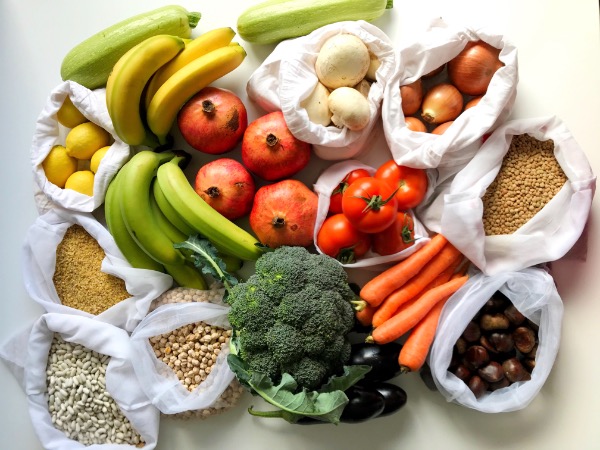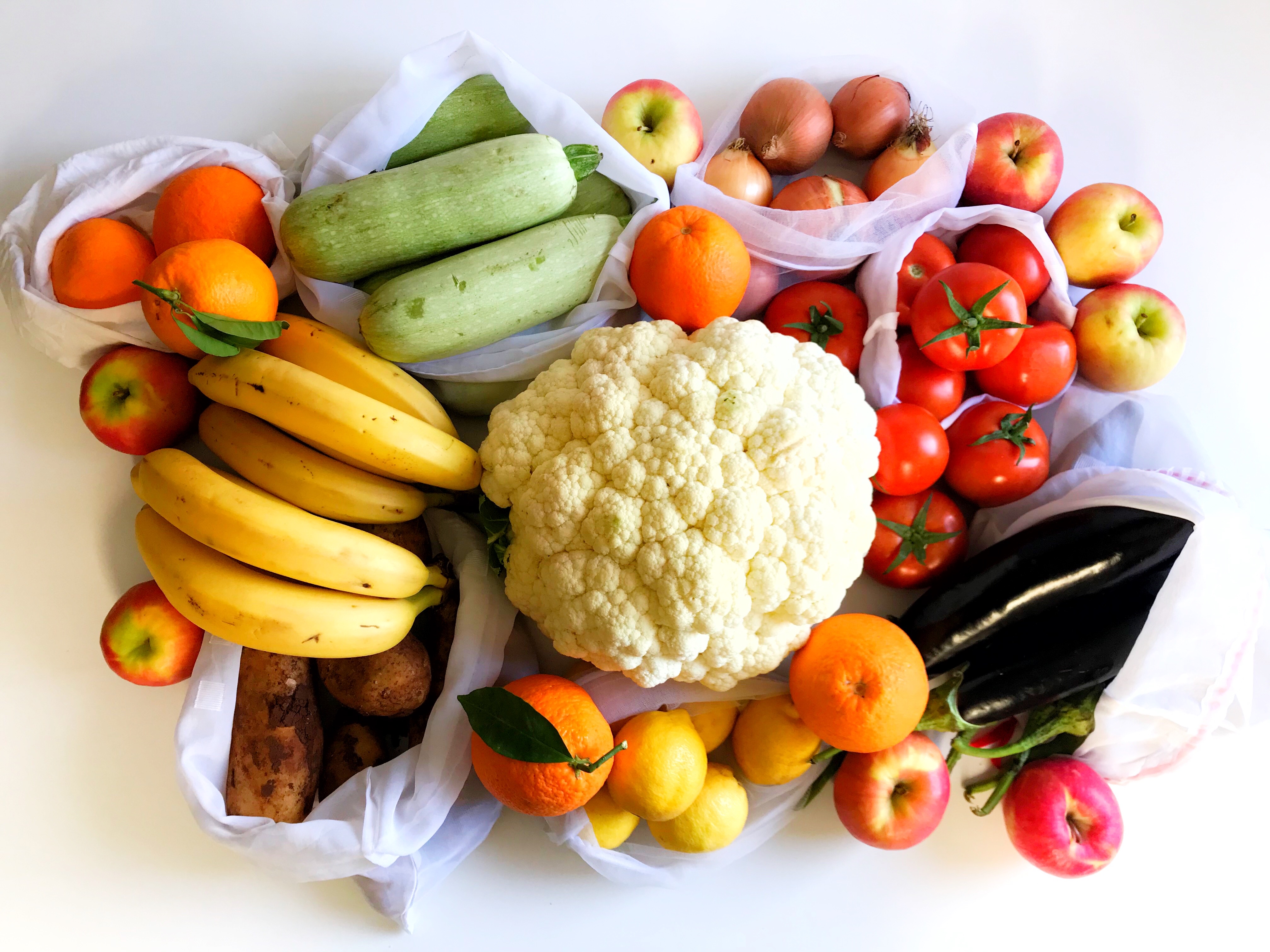What is the difference between Weather and Climate
Climate and weather are not the same.
Weather refers to atmospheric conditions that occur locally over short periods of time—from minutes to hours or days. Familiar examples include rain, snow, clouds, winds, floods or thunderstorms.
Weather tells you what to wear each day.
Climate refers to longer-term averages (they may be regional or global), and can be thought of as the weather averaged over several seasons, years or decades. Climate change is harder for us to get a sense of because the timescales involved are much longer, and the impact of climate changes can be less immediate. Examples of climate change include several drier-than-normal summers, a trend of, say, winters becoming milder from our grandparents’ childhood to our own.
Climate tells you what types of clothes to have in your closet.
Some people say “weather is what you get” and “climate is what you expect.”
Here is one useful way to think about it from Dr. Marshall Shepherd: Weather is your mood, climate is your personality.
Dr. Eric Fetzer, a scientist at NASA’s Jet Propulsion Laboratory, explains it this way:
“Weather describes how the atmosphere behaves over weeks or less. Climate is how it behaves over time periods of about a month or longer. So climate refers to seasonal and longer periods, out to centuries and millennia.”
When, the weather starts to get really cold, you might hear someone say “It is freezing outside. So much for global warming, huh?” Well, it doesn't mean that global warming isn't real just because I was cold today. Also world hunger is not over because I ate today.
Global climate change has already had observable effects on the environment. Glaciers have shrunk, ice on rivers and lakes is breaking up earlier, plant and animal ranges have shifted and trees are flowering sooner.
Effects that scientists had predicted in the past would result from global climate change are now occurring: loss of sea ice, accelerated sea level rise and longer, more intense heat waves.
Taken as a whole, the range of published evidence indicates that the net damage costs of climate change are likely to be significant and to increase over time.
- Intergovernmental Panel on Climate Change
Scientists have high confidence that global temperatures will continue to rise for decades to come, largely due to greenhouse gases produced by human activities.
The Intergovernmental Panel on Climate Change (IPCC), which includes more than 1,300 scientists from the United States and other countries, forecasts a temperature rise of 2.5 to 10 degrees Fahrenheit over the next century.
Future Effects
Some of the long-term effects of global climate change in the United States are as follows, according to the Third and Fourth National Climate Assessment Reports:
Change Will Continue Through This Century and Beyond.
Temperatures Will Continue to Rise.
Frost-free Season (and Growing Season) will Lengthen.
Changes in Precipitation Patterns.
More Droughts and Heat Waves.
Hurricanes Will Become Stronger and More Intense.
Sea Level Will Rise 1-8 feet by 2100.
Arctic Likely to Become Ice-Free.
Info from climate.nasa.gov/effects/
Please watch this video
Our world is getting warmer.
CO2 in the atmosphere is increasing.
The oceans are getting warmer.
Sea ice is melting.
Sea levels are rising.
THE TIME FOR ACTION IS NOW
Avoiding meat and dairy is the single biggest way to reduce our environmental impact on the planet, according to the scientists behind the most comprehensive analysis to date of the damage farming does to the planet.
The new research shows that without meat and dairy consumption, global farmland use could be reduced by more than 75% – an area equivalent to the US, China, European Union and Australia combined – and still feed the world.
Loss of wild areas to agriculture is the leading cause of the current mass extinction of wildlife.
The study, published in the journal Science, created a huge dataset based on almost 40,000 farms in 119 countries and covering 40 food products that represent 90% of all that is eaten. It assessed the full impact of these foods, from farm to fork, on land use, climate change emissions, freshwater use and water pollution (eutrophication) and air pollution (acidification)
“A vegan diet is probably the single biggest way to reduce your impact on planet Earth, not just greenhouse gases, but global acidification, eutrophication, land use and water use,” said Joseph Poore, at the University of Oxford, UK, who led the research.
“It is far bigger than cutting down on your flights or buying an electric car,” he said, as these only cut greenhouse gas emissions.
Source: Avoiding meat and dairy is single biggest way to reduce your impact on Earth
Health point of view
In 2015, after 22 experts from 10 countries assessed more than 800 epidemiological studies, the World Health Organisation’s International Agency for Research on Cancer classified consumption of processed meat as “‘carcinogenic to humans’ (Group 1) on the basis of sufficient evidence for colorectal cancer.”
Source: Eat Plants, Not Meat: Dietary Guidelines Should Follow American Cancer Society Recommendations
Heart Disease
People who eat a plant-based diet have a lower risk of dying from heart disease when compared to non-vegetarians. Plant-based diets have been proven to prevent and reverse heart disease, improve cholesterol, and lower blood pressure.
Diabetes
Plant-based diets prevent, manage, and reverse type 2 diabetes. Plant-based diets lower body weight, improve insulin function, and increase beta-cells’ ability to regulate blood sugar, which helps reverse symptoms associated with type 2 diabetes.
Weight Loss
Plant-based diets lead to weight loss, even without exercise or calorie counting. Replacing high-fat foods with fruits, vegetables, whole grains, and legumes naturally reduces calorie intake.
Cancer
Avoiding animal products and high-fat foods and eating plant-based foods can lower the risk of developing certain types of cancer.
Brain Health
Saturated fat and trans fat—found in dairy products, meat, and fried foods—can increase the risk for Alzheimer’s disease and other cognitive conditions. A plant-based diet avoids these foods and is rich in antioxidants, folate, and vitamin E, which may offer a protective effect.
Info from: Good nutrition/plant based diets
OTHER THINGS YOU CAN DO IMMEDIATELY
USE & REUSE WHAT YOU HAVE ALREADY AT HOME (instead of buying new things)
DON’T BUY WHAT YOU DON’T NEED (if you need to buy something support circular economy - buy second hand or if this is not an option for you, supra ethical brands.
REDUCE OR ELIMINATE USING SINGLE USE PLASTIC (plastic bags, bottles, cups, straws, cutlery)
Love 💕Inkka
My programme ULTIMATE WHOLE FOOD PLANT BASED LIFESTYLE IS FOR YOU if you want to:
➺ make a positive difference for our beautiful planet
➺ be & feel healthier than ever before and full of energy
Ultimate whole food plant based programme
Learn about
What is the difference between climate change and global warming
Articles - Zero waste lifestyle
Articles - Whole food plant based lifestyle






